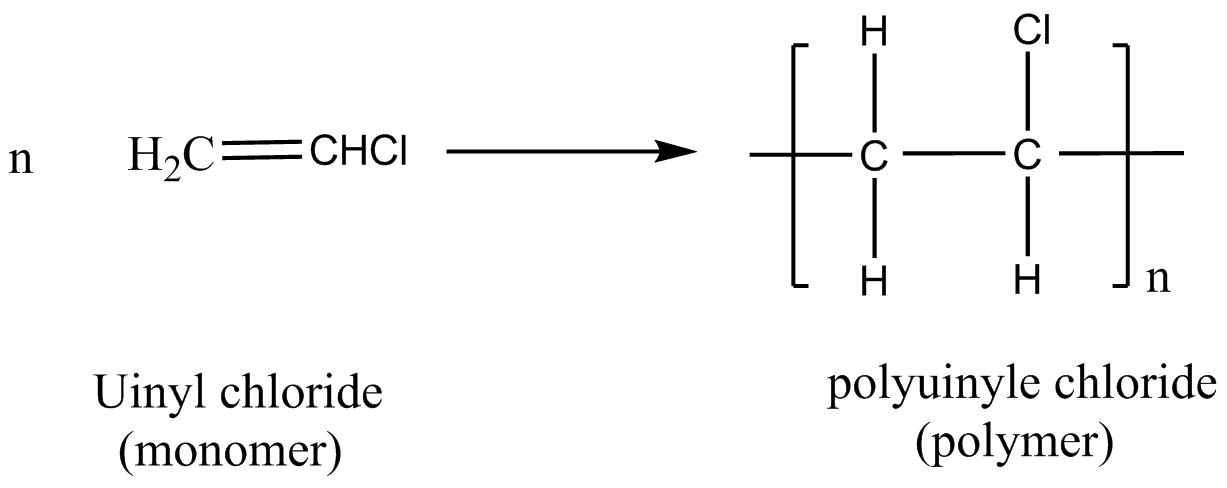Question
Question: A person has to make electric switches and plugs. Which material is recommended? (A) Teflon (B) ...
A person has to make electric switches and plugs. Which material is recommended?
(A) Teflon
(B) Bakelite
(C) Rayon
(D) PVC
Solution
The large molecules made from the repeated smaller units are known as polymers. These smaller units are known as monomers. These monomers share electrons and form covalent bonds with each other to form the polymer and release water molecules or any other molecule like carbon dioxide as a byproduct.
Complete step by step answer:
A. Teflon is a polymer and is polymerized from the monomer called tetrafluoroethylene
F2C=CF2(monomer tetrafluoroethylene)→(−F2C−CF2)(polymer teflon)
Teflon is used in coating non – stick frying pans and other cookware as it possesses fairly high heat resistance.
B. Bakelite is a copolymer synthesized from two different monomers that are phenol and formaldehyde.

For its good non – conductivity and heat – resistance, it is used in electrical insulators, radio and telephone casings.
C. The natural cellulose reacts with carbon disulphide (CS2) and base (sodium hydroxide) to give a soluble polymer that can be called a rayon.

Rayon is used in the textile industry for making clothing like sarees, dresses, socks, etc.
D. Polyvinyl chloride (PVC) is polymerized from vinyl chloride as monomer. This reaction can be shown as:

PVC is used to make pipes, electric cables, floorings of buildings etc.
From all these given polymers, Bakelite has the highest heat resistant and it is a poor conductor of heat and electricity. Therefore, is used to make switches and plugs.
Hence, the answer is option (B).
Note:
Bakelite is a thermosetting phenol formaldehyde resin, which is formed by a condensation reaction of phenol with formaldehyde.Bakelite is a polymer made up of the monomers phenol and formaldehyde. This phenol-formaldehyde resin is a thermosetting polymer. Bakelite is the commercial name for the polymer obtained by the polymerization of phenol and formaldehyde.
